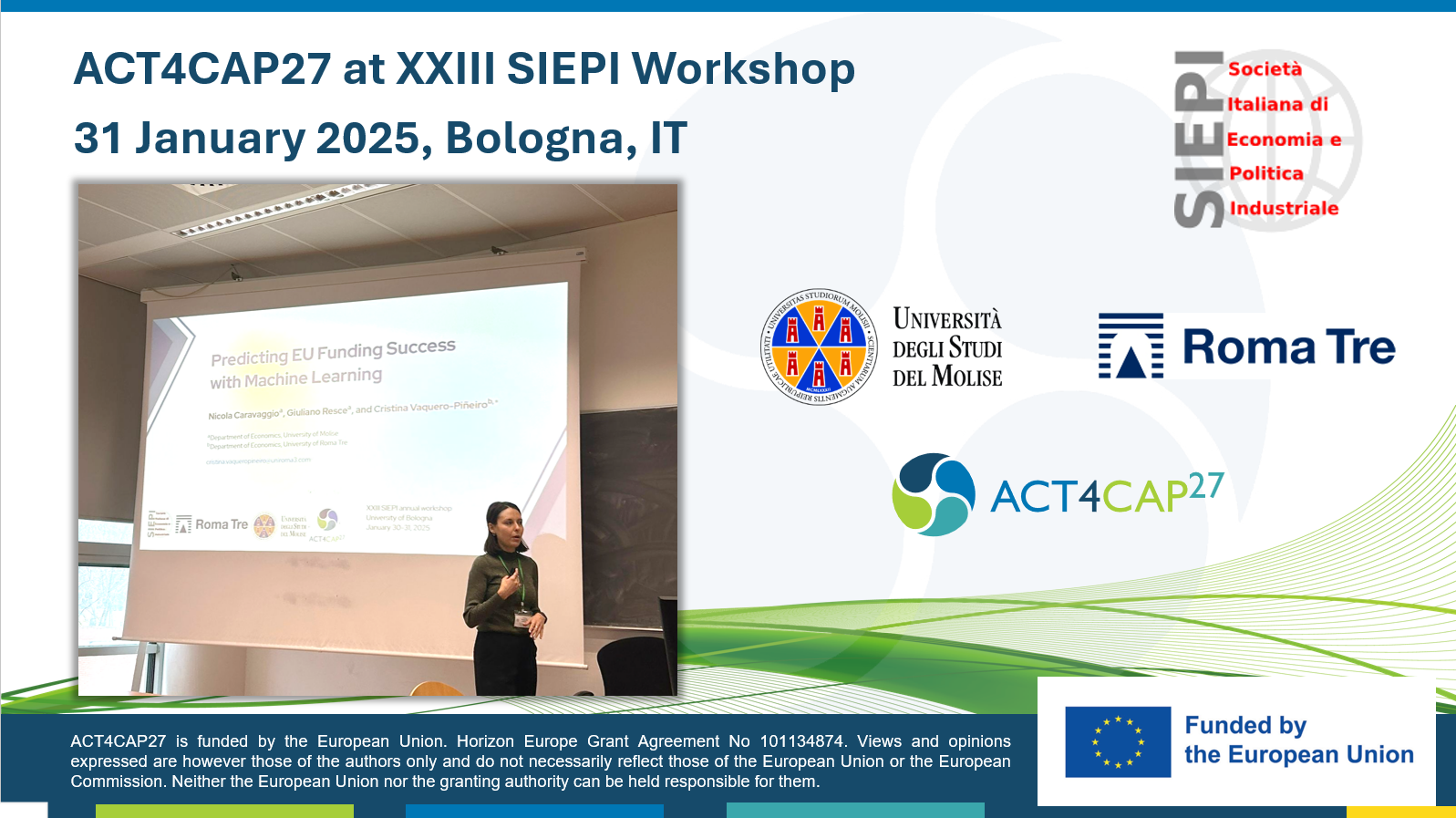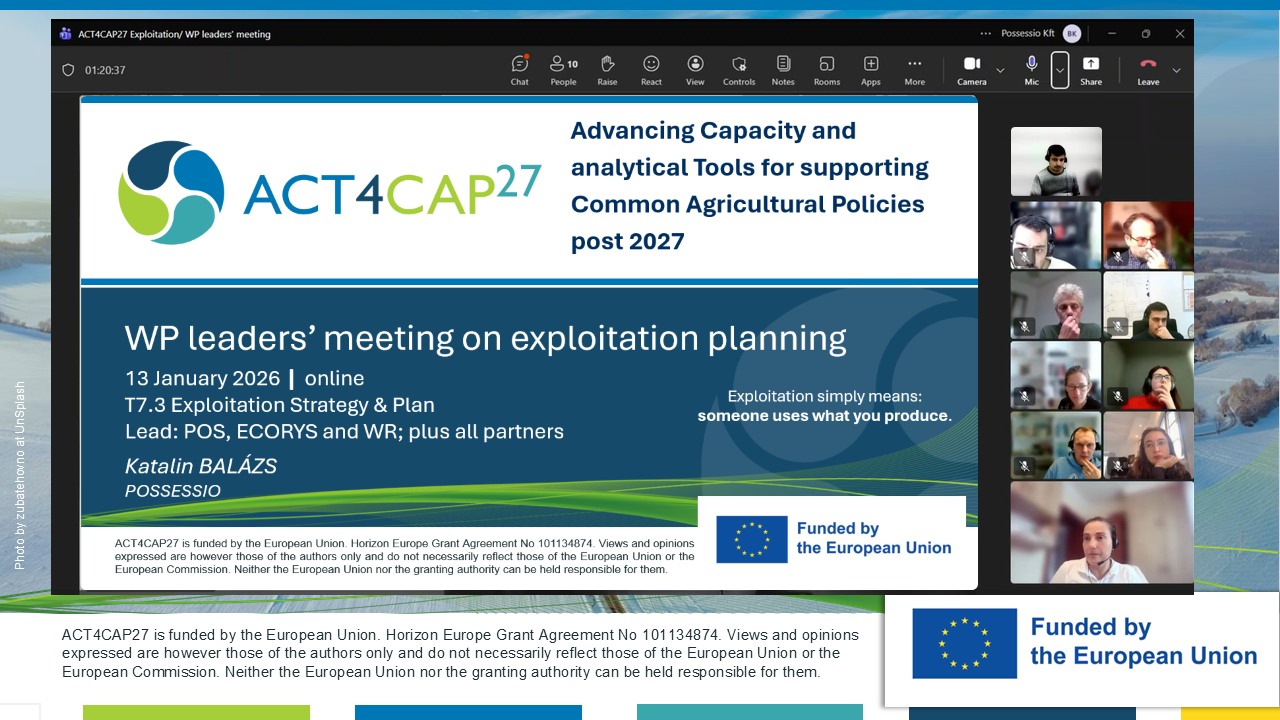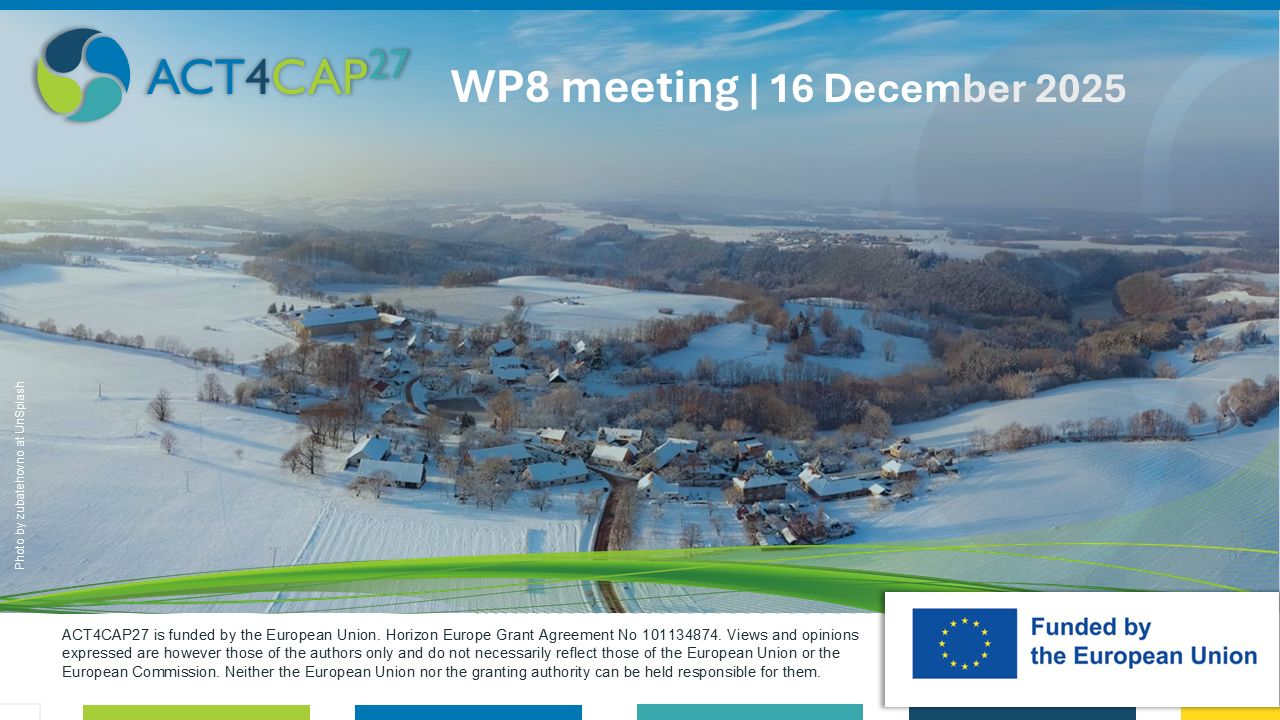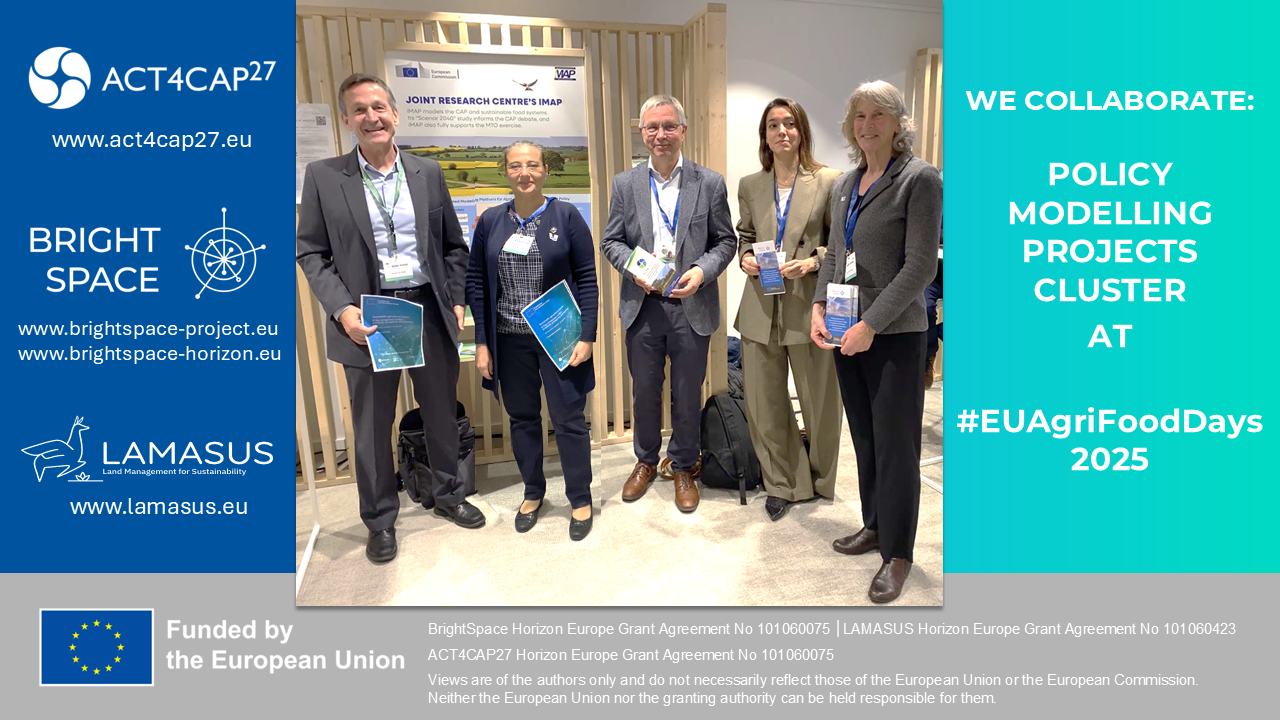Bologna, January 30-31, 2025 – Cristina Vaquero-Piñeiro, representing the UNIROMA3 team within the ACT4CAP27 project, showcased their research on predicting EU funding success using machine learning at the XXIII Annual Workshop of the Società Italiana di Economia e Politica Industriale (SIEPI).
The study, co-authored with Nicola Caravaggio (University of Molise) and Giuliano Resce (University of Molise), explores how machine learning (ML) techniques can enhance the allocation of EU funding, particularly under the European Agricultural Fund for Rural Development (EAFRD). Given the competitive nature of EU funding programs, this research offers a novel, data-driven approach to identifying successful applicants in advance, providing valuable insights for both policymakers and stakeholders.
Key Findings
🔹 Machine Learning Models for Fund Allocation – The research applied eight different ML algorithms to firm-level data from the Italian Farm Accountancy Data Network (FADN), identifying Random Forest (RF) as the best predictive model for determining funding success.
🔹 Predictive Features of Funding Success – The study found that territorial characteristics, economic dimensions, and individual attributes of applicants played key roles in determining funding outcomes. Notably, firms in mountainous regions, younger entrepreneurs, and businesses with diverse revenue sources and sustainability certifications were more likely to receive funds.
🔹 Policy Implications – The findings suggest that ML-based predictions could serve as a powerful tool for policymakers to refine funding strategies, ensuring better-targeted resource distribution and increased transparency in the selection process.
Why This Matters for the Future of EU Policy?
By leveraging machine learning, policymakers can proactively identify funding gaps, improve inclusivity in fund distribution, and empower applicants with insights into the most impactful application strategies. This research underscores the potential of AI-driven policy tools in optimizing resource allocation for sustainable rural development and climate action.
This presentation at SIEPI 2025 reflects the ACT4CAP27 project’s commitment to data-driven solutions for effective policy-making.
🔗 Access the presentation at the ACT4CAP27 Zenodo Community page
🔗 More about the event: SIEPI XXIII Annual Workshop
Source: University of Roma Tre




